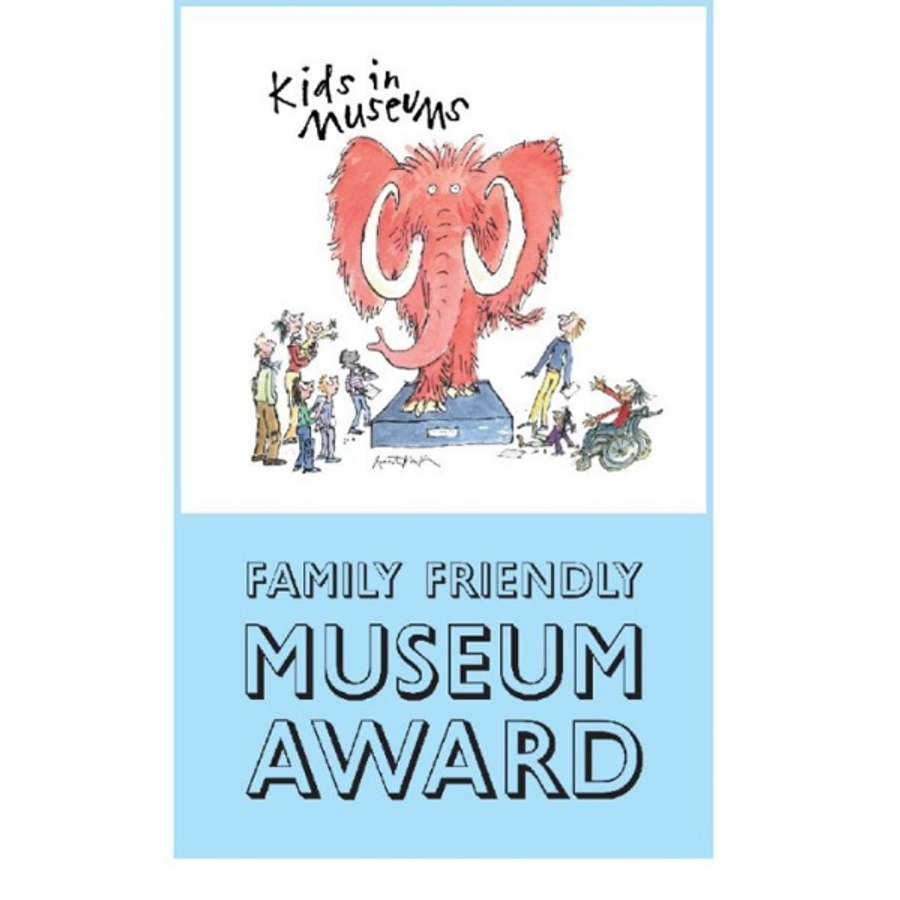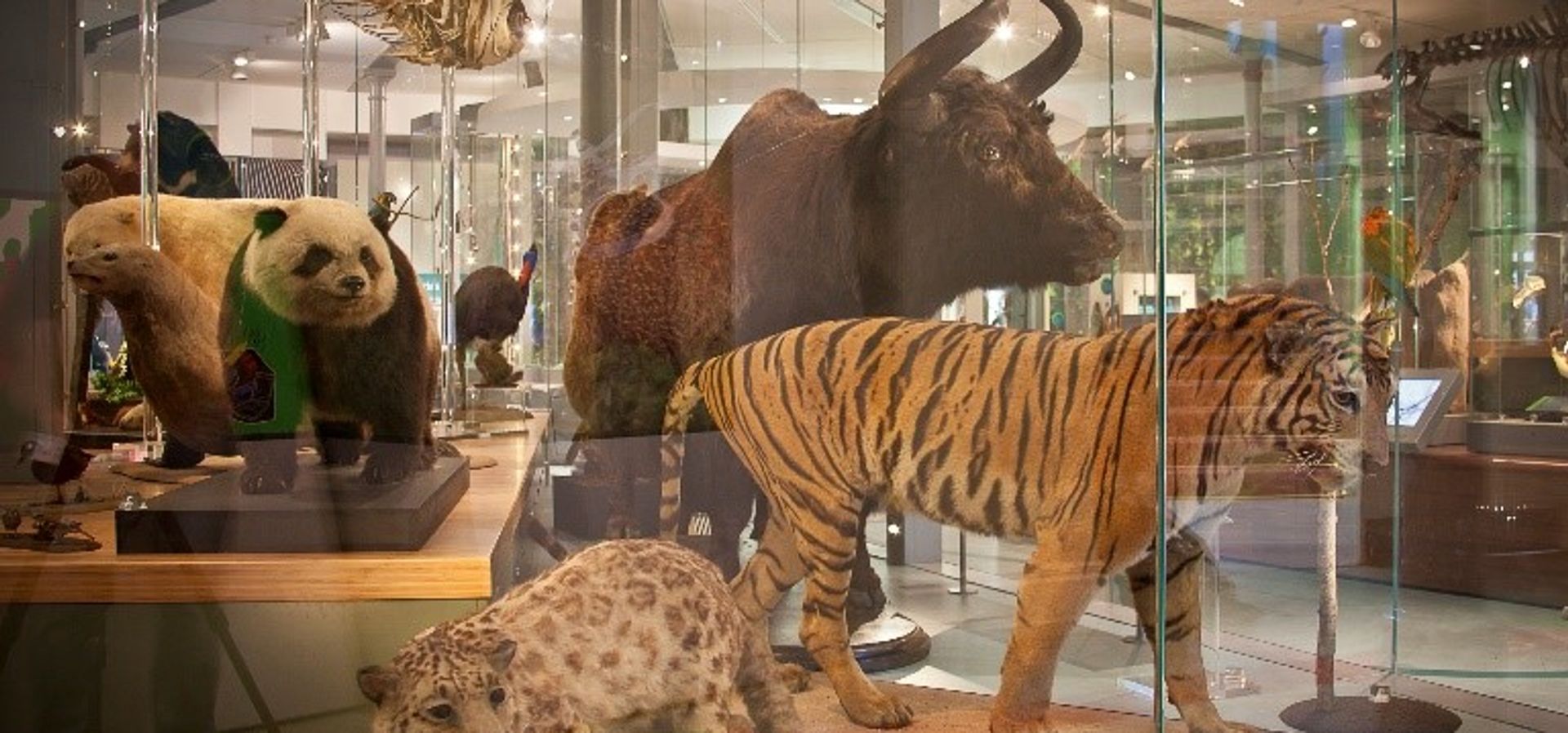
Sensory Stories in a Virtual World
When togetherness is suddenly taken away from us, we find a way to connect. And wow is it powerful when families connect and bring joy to each others’ households virtually when real life is so restricted.
People, stories and interaction are at the heart of Leeds City Museum. Somehow or other – I’m not sure of the exact path – life in lockdown led to the creation of a weekly virtual Sensory Storytime. And it was truly magical, a beam of light when we needed it. And perhaps, as a Learning Officer, I needed it just as much as the families.
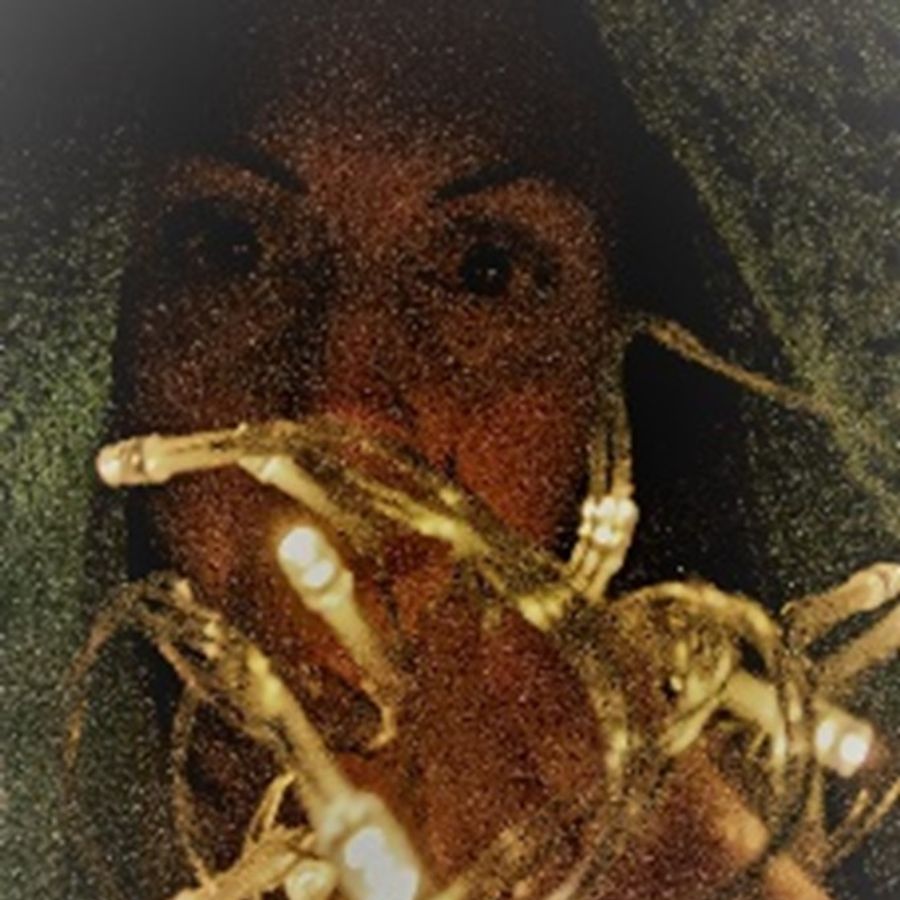
The story sessions evolved as the children added their own personalities. As people came into the Zoom “room”, we’d have a chat with all their soft toy animal friends, see who was coming along today. For the Tiger Tea Party, there were some fantastic fancy dress outfits.
What is a sensory story?
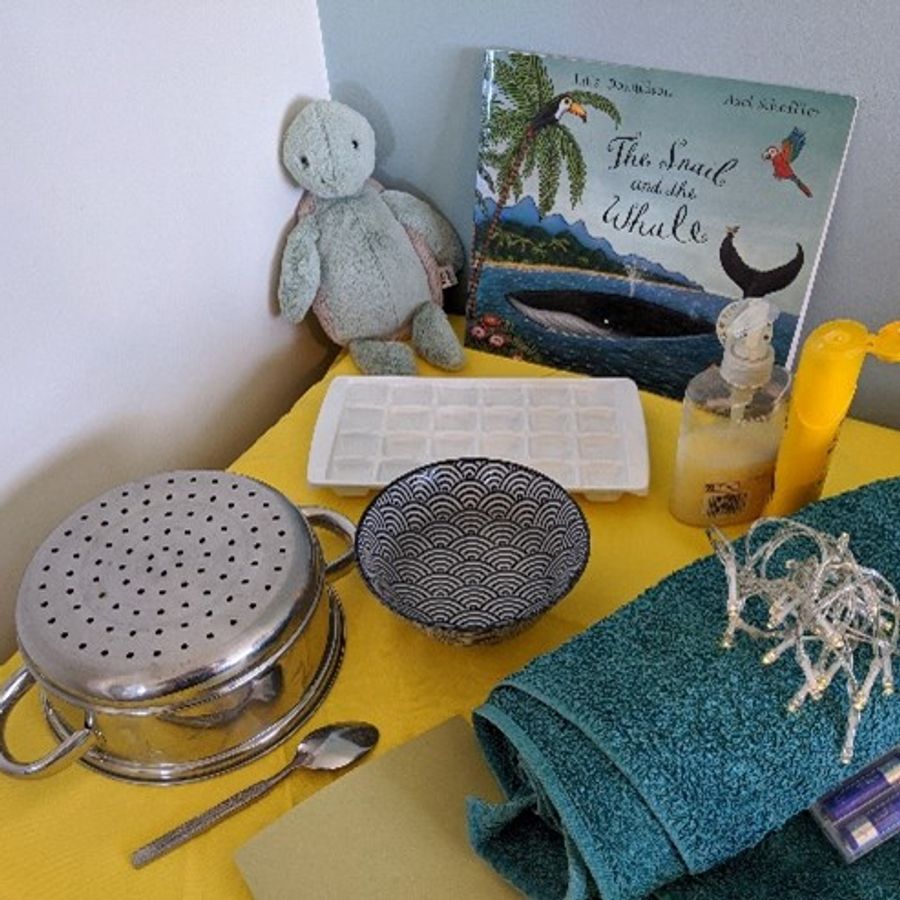
Just what it says on the tin really: families quickly search for a few sensory items (in their home) so they can splash, taste, and experience a story together. We discover a mystery museum object and read a picture book together. It’s a different way to enjoy the museum collections, and is hands-on, fun and sometimes a little surprising. The children add the sound effects. We end with a song/dance to celebrate… e.g. singing ‘Grandma we love you’ to the museum’s panda who is called Grandma.
A parent commented: “I have three kids, aged 4, 6 and 8, and they have really engaged. The kids still talk about the woolly mammoth and I've attached a photo of what I found in my kitchen after the jellyfish story! Having something to do rather than just watching a screen seems to work particularly well with them. Looking forward to coming to visit the museum when the rules make it possible.”
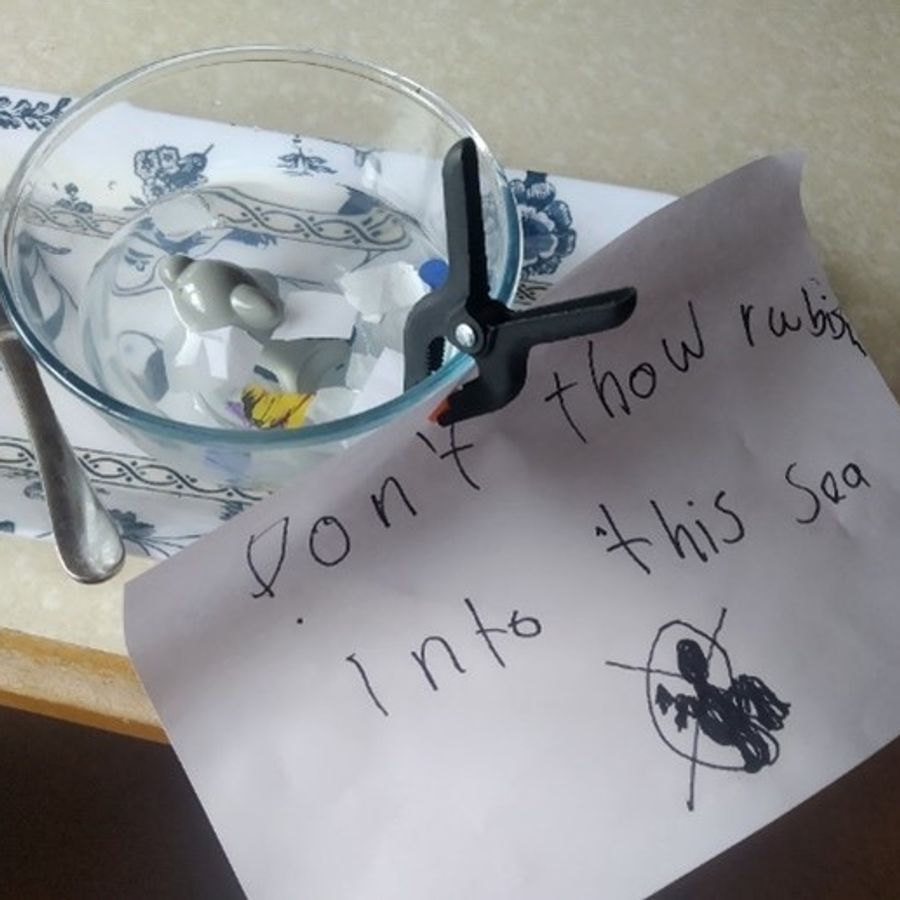
Connections
I was surprised by how connected an online session could feel, but this email feedback showed me the true beauty:
“That was absolutely brilliant. Our first one with you and we thoroughly enjoyed it. My son has autism and usually struggles to engage but he managed to stay with it until the song which is amazing.”
In some ways, creating a virtual connection enabled a better relationship between museum staff and the family, whereby we could communicate by email in between and discover that this child would love a shout-out for his teddy bear at the next session. A few weeks later, he started an impromptu ‘guess the animal sound’ game for the other children, and his mum commented afterwards about how he’d grown in confidence.
It was also joyous to connect local families to families in other parts of the country, families in Ireland and even America.
The children take over
Inspired by the impromptu animal game, I found a volunteer family to lead a story. Siblings Neel and Milan, aged 10 and 8, chose a book, decided on the sensory object list, and planned and led a whole story-time. They started out by greeting families with their dinosaur toys, bringing smiles to the screens immediately.
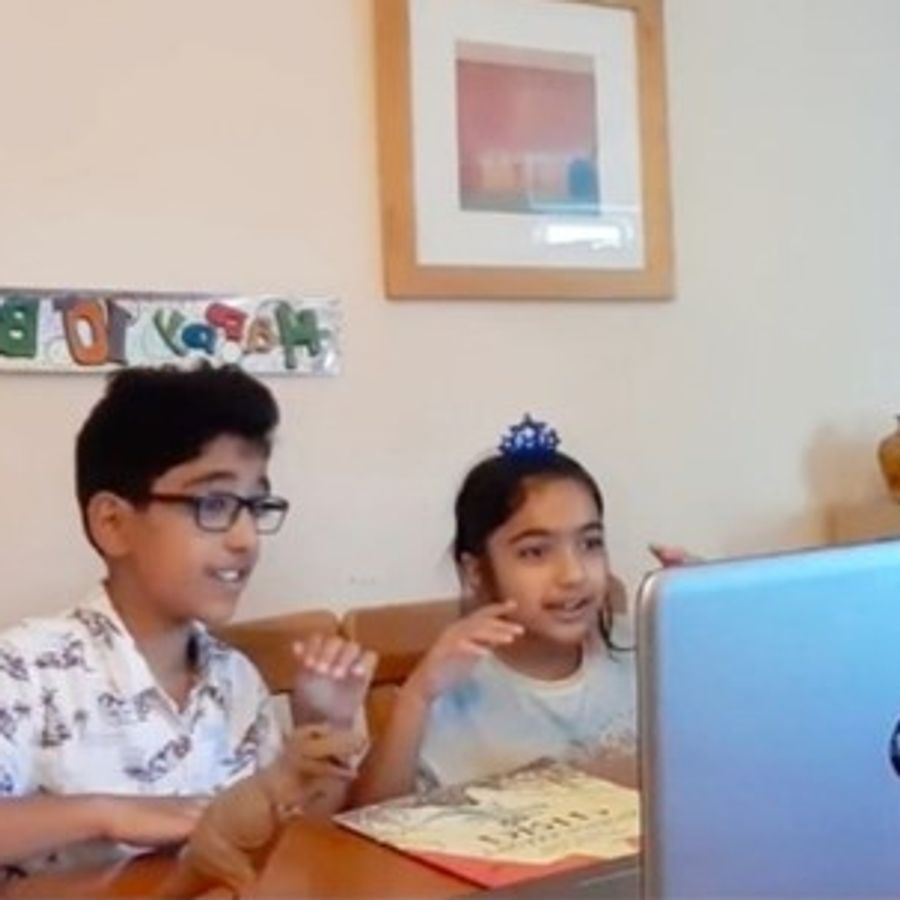
Here’s what our child storytellers thought:
Milan: “It was fun, exactly as I thought it would be”
Neel: “It felt nicer than I thought it would. I thought it would feel long and maybe drag. But it went really quickly!” ... “I might have inspired others to become the future greats. There’s a story that Shakespeare just happened to see some theatre and then that inspired him to write plays”
One family commented: “We loved that it was led by children, and the sensory aspect”
The feel-good factor
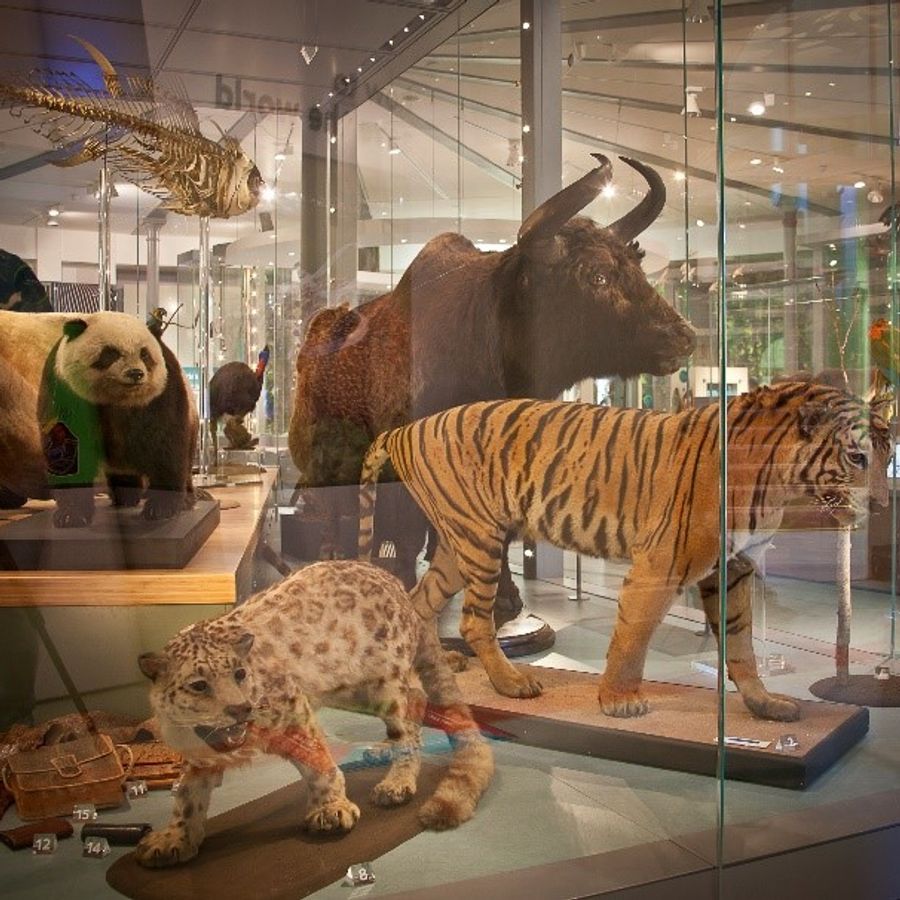
Museums can bring people together even when nobody can visit. They can spark ideas, inspire creativity and, so importantly, make people feel better. Grandma the Panda, we love you, Grandma we do…
Thank you to everyone who took part in the Sensory Stories. Have a look at our events page to see when and where the next family activities are taking place. We hope to see you soon.
Natalie Haigh, Learning & Access Officer, Leeds City Museum
